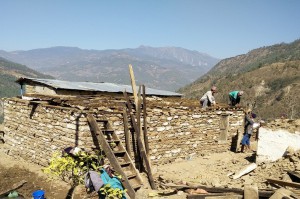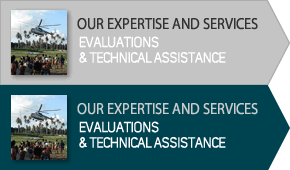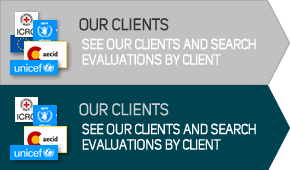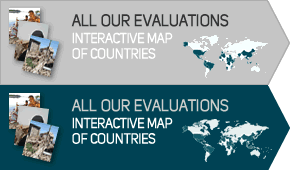March 23, 2016
 DARA conducted an evaluation of UNICEF’s response and recovery efforts to the Gorkha Earthquake in Nepal. The evaluation assessed how core elements of the emergency response were addressed and the linkages between the response, early recovery and reconstruction phases. The evaluation ran from January 2016 to May 2016 and will feed into the Nepal Country Office’s upcoming 2017 Country Programme Action Plan (CPAP) planning process. Additionally, the evaluation is intended to strengthen accountability and transparency to UN partners, donors and affected populations.
DARA conducted an evaluation of UNICEF’s response and recovery efforts to the Gorkha Earthquake in Nepal. The evaluation assessed how core elements of the emergency response were addressed and the linkages between the response, early recovery and reconstruction phases. The evaluation ran from January 2016 to May 2016 and will feed into the Nepal Country Office’s upcoming 2017 Country Programme Action Plan (CPAP) planning process. Additionally, the evaluation is intended to strengthen accountability and transparency to UN partners, donors and affected populations.
In April and May of 2015 Nepal was hit by two devastating earthquakes, one of 7.8 magnitude and a second of 7.3 magnitude, which caused widespread damage, leaving over 8,000 people dead and over 100,000 injured, and destroying over 600,000 houses and damaging over 280,000. The earthquakes severely affected water supplies and key infrastructure, such as schools, roads, and health facilities. Forty per cent of those affected were children under 18 years old, and the most disadvantaged social groups, including Dalit children, those living in remote areas, children with disabilities and women headed households, suffered the greatest damage and loss, heightening their existing vulnerabilities.
During the evaluation field mission from 1 to 26 February, the evaluation team visited 9 districts in Nepal (Dhading, Dolakha, Gorkha, Lalitput, Kathmandu, Nuwakot, Ramechhap, Rasuwa, and Sindupalchowk) and 19 Village Development Committees. The evaluation team conducted over 150 key informant interviews and 30 discussion groups and observed a number of modalities of assistance, including health centres, temporary learning centres, shelter homes, child friendly spaces and community and individual toilets.




Share this